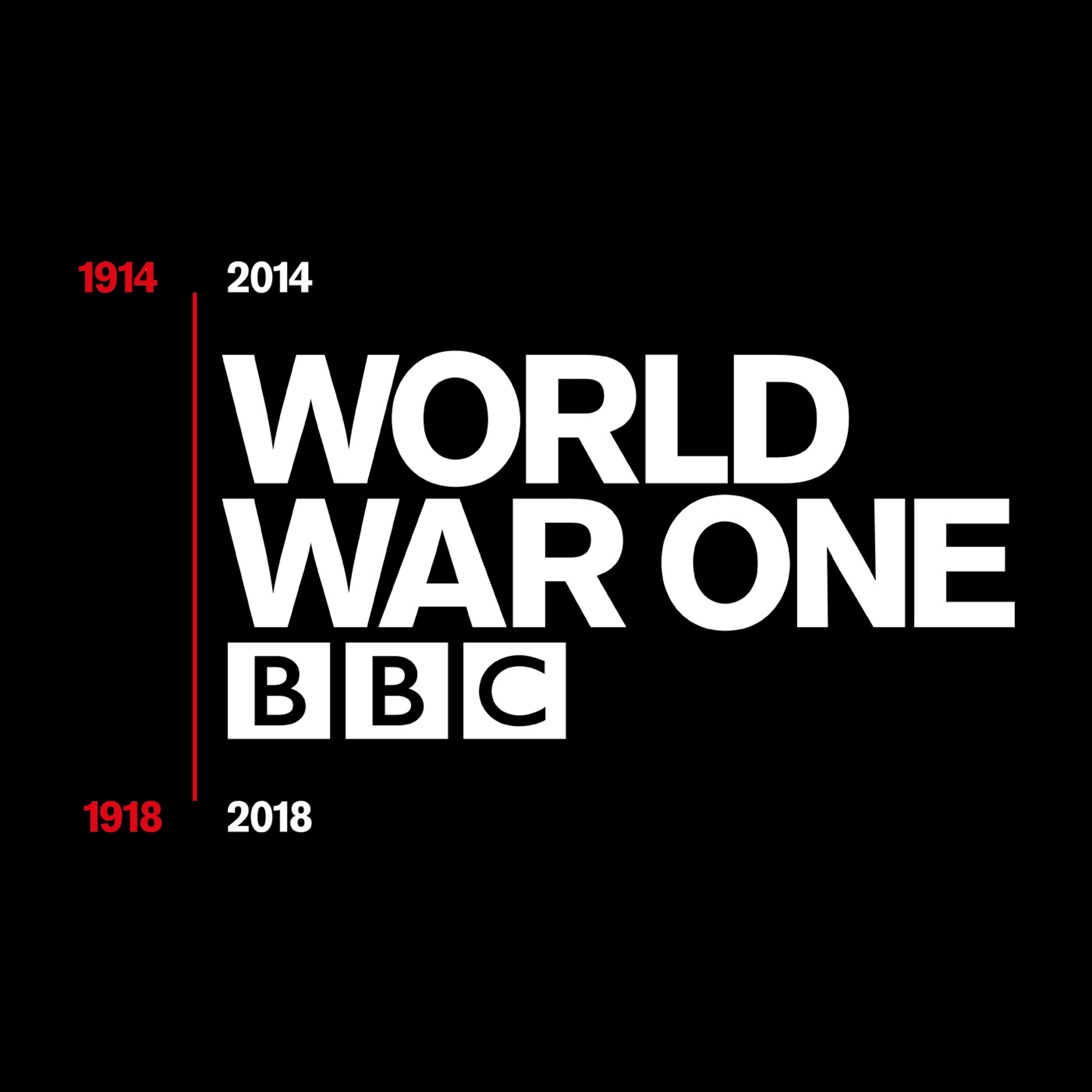Discover World War One
World War One

75 Episodes
Reverse
How did WW1 change America's place in the world? Jonathan Dimbleby presents a public debate from the US Library of Congress in Washington
How did technological and industrial development revolutionise World War One? The tank, gas, flame throwers, Zeppelins were like nothing that had been experienced before.
A century ago a shot rang out in Sarajevo which set the world on a path to war. How did the peace made after WW1 influence the ethnic conflicts in the region during the 1990s?
How did World War One change the face of the Middle East? And, how did this seismic and controversial period shape the century to follow?
What drove men to volunteer to fight during World War One? What drove them to the edge of sanity when they got there?
Australia's experience of WW1 is like no other country's. What role has the 'legend of Anzac' played in the hundred-year history of Australia?
Audrey Brown chairs a discussion on the effects of World War One in Africa. She hears the stories from African fighters, on both the German and British sides. And she speaks to Tanzanians who tell their family memories, like Oswald Masebo from Dar es Salaam University.
Life in the trenches during World War One, amongst rats, mud, shelling, barbed wire and unprecedented numbers of dead, called upon new reserves of both endurance and courage. But what did the war do to the ancient idea of heroism?
How Manchester’s Baghdadi Jews fought to be recognised as friends of
Britain and Jim the dog who helped keep the Kent coast safe.
Hugely influential in the outcome of the war, its aftermath had a huge effect on India and its role in the British Empire.
The technical innovation that led to the birth of the tank, tales from the grandsons of the Guernsey soldier who travelled all over the
world and the factory in Grimsby that supplied the frontline in jam.
Santanu Das tells the story of the Indian Army on the Western Front, from disembarkation in Marseilles where the troops were greeted by excited crowds, to the grim reality of the trenches.
One and a half million Indian men were recruited from the villages and towns of British India to serve the Empire in the First World War. Santanu Das tells the story of how they were recruited to travel across the Kalopani, the "dark waters", to take part in the world's first industrial war.
The Romanovs ruled Russia for centuries until World War One brought revolution and an abrupt end to their imperial reign. Allan Little explores the legacy of revolution and the hidden impact of WW1 on Russian policy today.
A place in the heart of London where the American soldiers got a little taste of home; a project mapping the lives of nearly 2000 men in Tynemouth, Tyne and Wear, who died in WW1 & a song to love and loss based on letters to a Bristolian wife.
Don Black tells the fascinating story of Ivor Novello and the song that made his name. Keep The Home Fires Burning marks the centenary of a song that became popular both in the WW1 trenches and on the home front, and continued to be sung by soldiers in conflicts well into the 1950s. The programme features the best Ivor Novello tunes, some extraordinary Imperial War Museum archive and explores how music was used as a morale booster in the First World War.
The two Merseyside ferries who earned their 'Royal' title in a daring wartime raid, a Coventry memorial which marks the Sikhs role in World War One, and why thousands of mules trotted through the town of Minehead.
In the third part of his documentary looking at the Asian contribution to WW1, Sarfraz Manzoor examines the effect of WW1 on India, nationally and locally. Through letters from servicemen and families, the loss to loved ones becomes clear - not just on an emotional level, but also leading to hardship for farming communities often losing their strongest workers.
The beginnings of nationalism can be seen just before the war with the violent activities of the Ghadar party, but a more mainstream nationalist voice gathers increasing strength as the war comes to a close. Besides the contribution of men, in 1918 and 1919, India comes very close to famine as a result of the huge amount of foodstuffs it supplied for the war effort.
Kate Adie reports on the Nottinghamshire munitions factory disaster. Also - the ambulance trains of Lowth & forces sweetheart, Gertie Gitana, who became a wartime music hall star.
Three WW1 characters. Flora Sandes, who enlisted and fought as a soldier in Serbia. Mick Mannock, the British 'Ace of Aces'; and 3 yr old Khaki George, who collected funds for the war effort on the streets of Halifax.







The historians should have brought up and discussed the Zimmerman Telegraph when discussing what brought the USA to declaring war on the Central Powers.
great show love it, thank you.
holy moly this 'Steve Williams' ego is so ginormous it would power the Queen E to Cape Town.
detailed, informative, the addition of the voice acting/reimagining isn't terrible. enjoying this whole podcast.
why are many of these podcasts repeated - but often with a slightly different title?